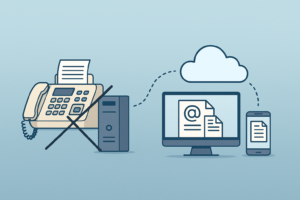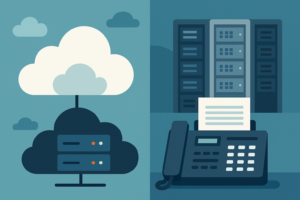The recent increase in cybercrime has impacted every industry, but no sector has been hit as hard as health care. Because doctor's offices and other medical organizations handle massive amounts of sensitive patient data that can be sold for big bucks on the black market, they are prime targets for cybercriminals.
According to a new study conducted by the Ponemon Institute, 91 percent of health care organizations have suffered at least one data breach in the last two years. A large number of medical institutions have dealt with multiple security intrusions, with 39 percent experiencing between two and five incidents and 40 percent dealing with five or more since 2013.
Health care data breaches have skyrockets in last five years
Ponemon's Fifth Annual Benchmark Study on Privacy and Security of Health Care Data revealed that cyberattacks targeting the health care sector have increased 125 percent in the last five years. According to the report, 45 percent of health care data breaches were the result of hackers.
"We are seeing a shift in the causes of data breaches in the health care industry, with a significant increase in criminal attacks," Ponemon Institute chairman and founder Dr. Larry Ponemon said. "While employee negligence and lost/stolen devices continue to be primary causes of data breaches, criminal attacks are now the number one cause. Since first conducting this study, health care providers are starting to make investments to protect patient information, which need to keep pace with the growing cyber threats."
"The average data breach costs health care companies $2.1 million."
The study not only revealed that the threat landscape is worsening, but that half of all health care organizations lack confidence in their ability to detect data loss. This has led to a self-fulfilling prophecy of sorts for the industry, with medical organizations believing they cannot sufficiently protect patient data and then suffering a data breach, leading them to assume they were proven right.
Low confidence in security abilities among those in the health care industry and the resulting insufficient solutions appear to be costing organizations as much as $6 billion annually. According to the report, the average data breach costs health care companies roughly $2.1 million.
"Cyber criminals recognize two critical facts of the health care industry: 1) health care organizations manage a treasure trove of financially lucrative personal information and 2) health care organizations do not have the resources, processes and technologies to prevent and detect attacks and adequately protect patient data," wrote Ponemon researchers.
 Health care data breaches can cost providers millions of dollars.
Health care data breaches can cost providers millions of dollars.Improving security with secure document transfer
With malware and cyberattacks increasingly targeting organizations in the health care industry, many institutions are looking for security solutions that meet compliance requirements and still allow daily processes to be completed. One such solution that many health care organizations are turning to is fax-over-IP. Fax over IP servers can help you avoid data breaches as they utilize the Internet to send faxes, providing users with a secure communication solution as well as encrypted document storage.
Sending and receiving patient records is made much easier with FoIP, and all documents sent through the service are archived in a cloud database to help ensure HIPAA requirements are being met. FoIP service providers like FaxCore store sensitive health information on dedicated cloud servers, allowing organizations to more easily protect sensitive data from cybercriminals.
When faxes are sent with a FoIP service, the information within is stored on a server protected with back-end encryption. The records stored are accessible anytime, from anywhere with an Internet connection. Faxes can also be sent and received from any Internet-connected device via email, making document transfers safer and simpler than ever before.
Enhance enterprise communication, collaboration and compliance efforts with a proven FoIP solution from FaxCore. Contact FaxCore today to learn more about their 'Partly-Cloudy' fax solutions.




